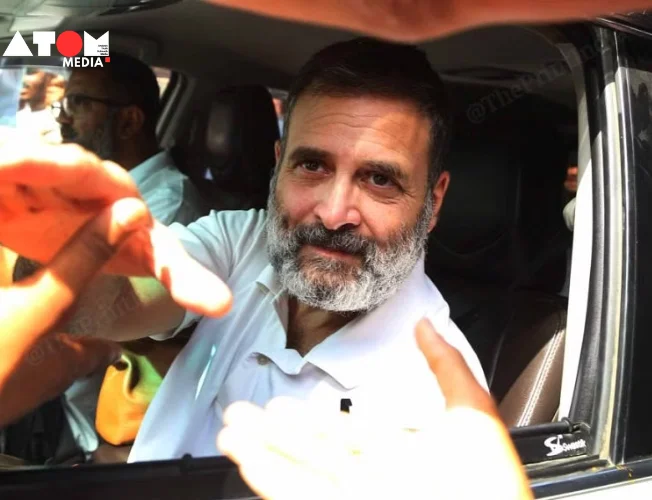Setting the Stage for Unconventional Politics
In the dynamic landscape of Indian politics, the strategies employed by key players often shape the narrative of general elections. The 2024 electoral battleground witnessed unexpected maneuvers from both Congress leader Rahul Gandhi and Prime Minister Narendra Modi, diverging from conventional norms and resurrecting historical rhetoric to sway voters.
PM Modi Return to Identity Politics: A Departure from Development Discourse
One of the striking shifts in the political discourse was Modi’s return to identity-based issues, particularly targeting the Muslim minority. Despite initial expectations of a high-minded campaign centered on development and achievements, Modi chose to inject communal undertones into his speeches, evoking sentiments of Hindu victimhood. This departure from the anticipated narrative underscores the BJP’s acknowledgment of the need to energize the Hindu vote base, resorting to traditional Sangh ideologies.
Rahul Gandhi’s Historical Rhetoric: A Departure from Peaceful Politics
Conversely, Rahul Gandhi embarked on a distinct path, echoing the rhetoric of his predecessors, Sonia and Indira Gandhi. While Sonia Gandhi’s campaigns in 2004 and 2009 focused on welfare measures for the marginalized, Rahul Gandhi adopted a more aggressive stance reminiscent of Indira Gandhi’s era. Embracing his grandmother’s rhetoric, Rahul positioned himself as a champion of the poor, vowing to challenge the entrenched interests of the rich. Moreover, he tapped into caste dynamics, addressing the grievances of those at the bottom of the social hierarchy and highlighting the dominance of upper castes across various sectors.
The Emergence of Rahul Gandhi: A Caste-Warrior and Class-Samurai
This strategic divergence signifies a departure from the peaceful and inclusive image previously associated with Rahul Gandhi. Instead, he emerges as a caste-warrior and class-samurai, challenging entrenched power structures with fervor. His shift towards identity-based politics reflects a calculated move to resonate with specific voter demographics, departing from the broad-spectrum appeal of his earlier campaigns.
Analyzing the Implications: Risks and Rewards of Unconventional Strategies
In analyzing the implications of these unconventional strategies, it becomes evident that both Modi and Rahul Gandhi have deviated from the anticipated electoral narratives. Modi’s reliance on emotive issues and caricaturing the Congress’s agenda highlights a departure from his purported focus on development and governance. Similarly, Rahul’s embrace of historical rhetoric underscores a departure from contemporary political norms, opting for a strategy rooted in identity politics and wealth redistribution.
Looking Ahead: The Electoral Verdict and Beyond
As India braces for the electoral verdict, the repercussions of these campaigns will reverberate beyond the polling booths. Whether Modi secures another term with resounding authority or Rahul Gandhi’s unconventional tactics yield unexpected dividends, the dynamics of Indian politics are poised for a paradigm shift. Only time will reveal the true extent of their impact, shaping the trajectory of the nation’s political landscape for years to come.
Shaping India’s Political Landscape
In conclusion, the 2024 general elections have witnessed a departure from conventional political strategies, with both Narendra Modi and Rahul Gandhi embracing unconventional tactics to sway voters. While Modi’s focus on identity-based issues reflects a departure from his earlier emphasis on development, Rahul’s adoption of historical rhetoric signals a shift towards identity politics and economic populism. The electoral verdict will determine the efficacy of these strategies, with far-reaching implications for the future of Indian politics.
Read more: Marketing News, Advertising News, PR and Finance News, Digital News





